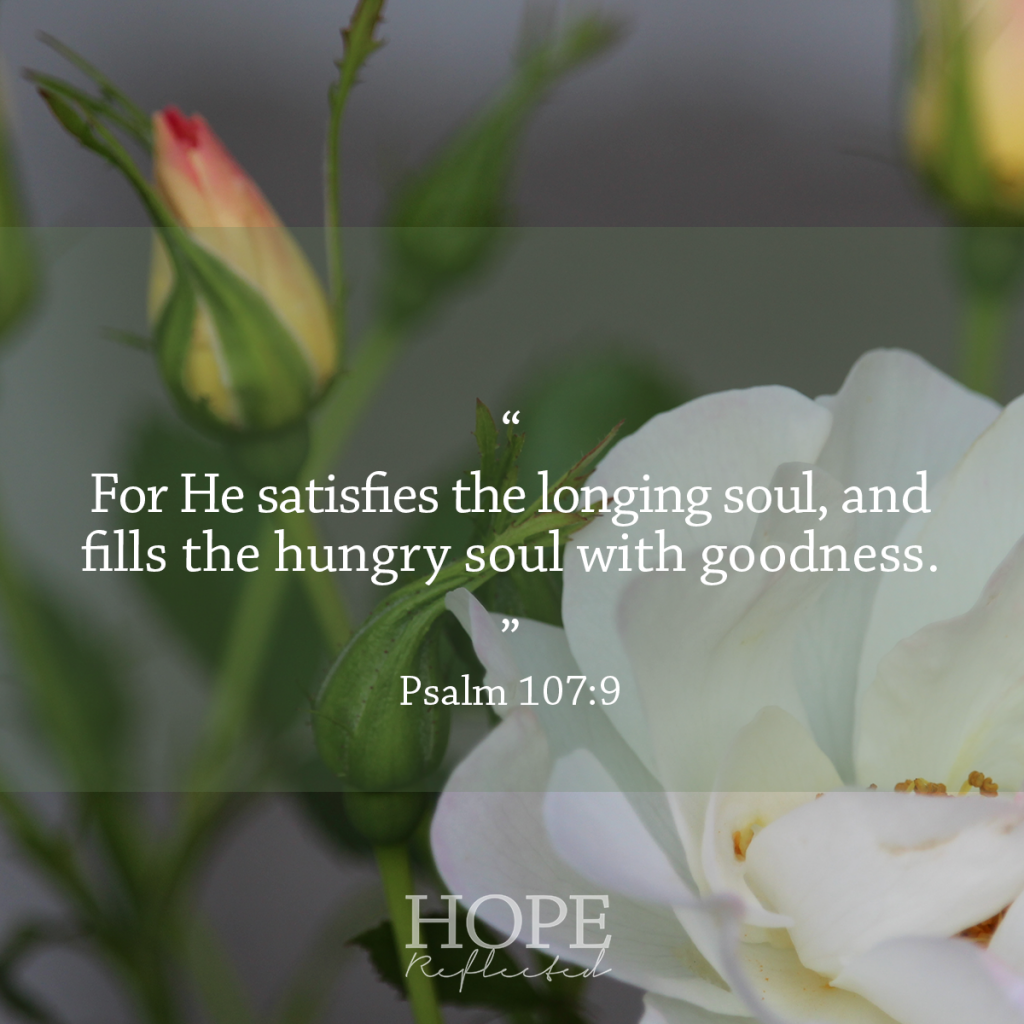Hope Reflected | Matters of the heart
Written by H, Posted in Christian Living, Published Work
Matters of the heart
You can learn from the Psalms how to get your heart right with God.
In 2017, my Dad had a heart attack. To say the news came as a shock would be a complete understatement. My Dad, the foundation of our family, the rock, having a heart attack? It just seemed so unlikely. He was so fit, so healthy, at least so we thought. In more recent days, a friend of Wes’s and mine – and many others in the community – had a heart attack. Again, someone so strong, so energized, so full of life, seemed like an unlikely candidate for a heart attack.
That’s the mystery of the heart. In terms of health, we can look at someone else and think they’re fit, they eat – relatively – healthy, they exercise, they could never have a heart attack! Quite often however, the part that we can’t see, the heart, tells a different story.
It’s the same with our spiritual lives. So frequently we look at other Christians and think they’ve got it all together. They’ve got the gift of teaching, of praying, of encouraging – they must have it all together! Sometimes though, we might be surprised. After all, only God can see your heart.
Only God knows the condition of your heart. Only He truly knows the bitterness, the envy, the resentment, the jealousy, the dislike, hey, even the hatred, that you carry around. For all intents and purposes, on the outside, you may look like the model Christian. You’re sitting in church every Sunday, you’re serving others in the community, and you’re saying all the right things. Regardless of the surface or how things may appear, God knows your heart. He knows when you’re coming from a sincere place, and He knows when you’re acting or saying things to put others in a bad light. God knows when your heart is broken and crying out, even on those days when you’re pretending you’ve got it all together. He knows when you’re longing for companionship and you feel completely alone. God knows your heart. And that’s what matters.
It doesn’t matter how you look to others or what they think about you. What matters is that God knows your heart, and that your heart is right with Him.
Here are some relevant Bible verses about the heart to encourage and to instruct you in how to get your heart right with God.
- Confess your sin. “Create in me a clean heart, O God, and renew a steadfast spirit within me.” (Psalm 51:10) You lied. You stole. Whatever you may have done, confess it to God. Ask Him to create a clean heart in you. David, who we read in the Bible was a man after God’s own heart, made many mistakes (we call it sin). Yet, he asked God to create in him a clean heart, and to renew his spirit (Psalm 51:10). To get your heart right with God, start with confessing your sin.
- Be honest with God. “Examine me, O LORD, and prove me; try my mind and my heart.” (Psalm 26:2) There have been many times when I’ve caught myself praying one thing but thinking another. It can be hard sometimes to be honest with ourselves and with God, can’t it?! And I have no idea what I’m thinking: As if I think that God of the entire universe isn’t going to know what’s truly in the bottom of my heart! To get your heart right with God, you’ve got to get right down to it. Guess what?! I don’t want to pray for that person who hurt me! I don’t like them! Tell God about it, because guess what? He already knows! Be honest with God.
- Actively pursue a relationship with God. “With my whole heart I have sought You; Oh, let me not wander from your commandments!” (Psalm 119:10) We’re told in the book of James to draw near to God and He will draw near to us. (James 4:8). That verse continues with these words: “Cleanse your hands, you sinners, and purify your hearts, you double-minded.” When you’re actively pursuing a relationship with God – praying, getting into and memorizing God’s Word, going to church – when you earnestly seek Him, you’ll find Him. And more importantly, He will find you. Store up His word in your heart! (Psalm 119:11) and He will fill your heart.
- Protect your heart. “Keep your heart with all diligence, for out it spring the issues of life.” (Proverbs 4:23) You may have heard the saying “what goes in must come out,” or the computer slang GIGO (Garbage In, Garbage Out). What you allow in your heart will penetrate your life, so protect your heart. Fill your heart with God’s Word. Focus your eyes on God and your heart will surely follow. “And the peace of God, which passes all understanding, will keep your hearts and your minds through Christ Jesus.” (Philippians 4:7)
- Trust God. “Trust in Him at all times, O people; pour out your heart before Him; God is a refuge for us. Selah.” (Psalm 62:8) Note that verse doesn’t say to trust God “sometimes” or “when things are going good”. No, we are called to trust God at all times. Even when things don’t make sense, and even when your heart is broken. Trust God, and pour your heart out before Him. Keep short accounts. When you’re actively talking with God, you’re less likely to allow the wrong things in your heart. Anger, jealously, pride, resentment, fear, worry– these are all things that take can up residence in your heart if you’re not careful! “Let not mercy and truth forsake you; bind them about your neck, write them on the tablet of your heart.” (Proverbs 3:3)
Jeremiah 17:9 says, “The heart is deceitful above all things, and desperately wicked; who can know it?” God knows your heart. He knows my heart. He knows our intentions (Hebrews 4:12) and He longs for us to draw near to Him. Whether your heart is bitter or broken, He longs for you to take your heart and hand it to Him. After all, “The Lord is near to the brokenhearted and saves such as have a contrite spirit.” (Psalm 34:18)












![False friends or counterfeit kindness; whatever you want to call it, the world is filled with people who will say one thing to your face and then another behind your back; people who will woo you in order to get something from you.
It’s sad, but it’s true.
The Bible provides us with examples from Joab to Judas, and yet, we’re surprised when we find ourselves deceived and hurt by someone else.
So what are some of the hallmarks of a true friend?
You can read more about this on hopereflected.com [Link in profile]
.
.
.
#friends #friendship #kindness #counterfeitkindness #hurt #proverbs #truefriends #hopereflected #blog #blogpost](https://www.hopereflected.com/wp-content/plugins/instagram-feed/img/placeholder.png)